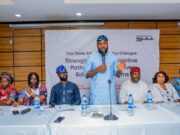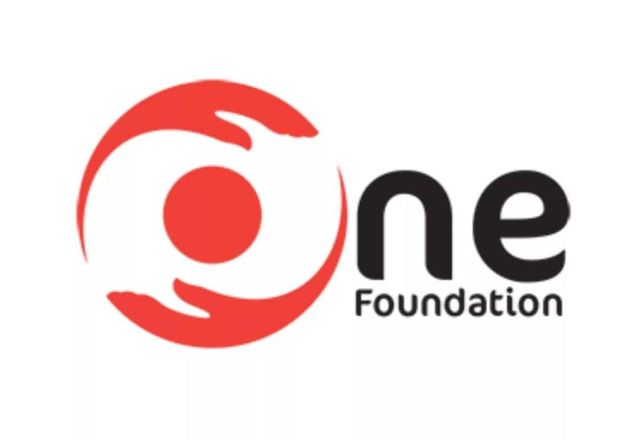As part of relief interventions following the devastating nationwide floods in Nigeria, the Sterling One Foundation has launched Project Ladder, in partnership with Whitefield Foundation and Sterling Bank, to provide support for victims whose farms were affected by the floods.
The project which kicked off in Ndokwa East and Oshimili North Local Government Areas of Delta State is aimed at not only providing relief for the flood victims but providing improved farm inputs with better yield potential than the regular options.
Delta State is one of the 33 states in Nigeria that were affected by the 2022 floods, which started in May and lasted until October, claiming over 500 lives, displacing millions of people from their homes, and destroying about 110,000 hectares of farmland. Following the cholera outbreak in the country’s north-eastern region, several interventions were launched in response to the disaster, many of which focused on providing alternative shelter for the displaced, food materials, and drugs.
Mrs. Olapeju Ibekwe, CEO of the Sterling One Foundation, explained why they started the project, saying that it was important to shift the focus from the immediate survival response that followed the floods to how to help the victims rebuild their lives.
“The floods affected several farming communities, and what we’ve set out to do is support them with resources to regain some self-sufficiency. Project Ladder is not just a flood relief project, but an initiative under our food security portfolio aimed at driving increased yield by supporting farmers with better inputs, and teaching them better farming practises, thus fighting the food shortages across the country,” she said.
For the project’s launch phase, about 100,000 enhanced cassava stems were distributed to women farmers, marking the start of a robust plan to support them all through the planting season in hopes of a great harvest.
Mrs. Funmi Johnson, CEO of Whitefield Foundation, spoke about the project’s impact, emphasising how important it was for the nation’s food security, as most flood victims are farmers who need to be empowered to rebuild their means of livelihood and continue to contribute their quota to supporting the nations.
The project touches on two of the Sterling One Foundation’s five focus areas: food security and gender equality, as well as women empowerment. This year, the Foundation plans to deepen the work done in these areas to cater to more communities and impact more direct beneficiaries.
Packaged by Alice Egbedele











































































